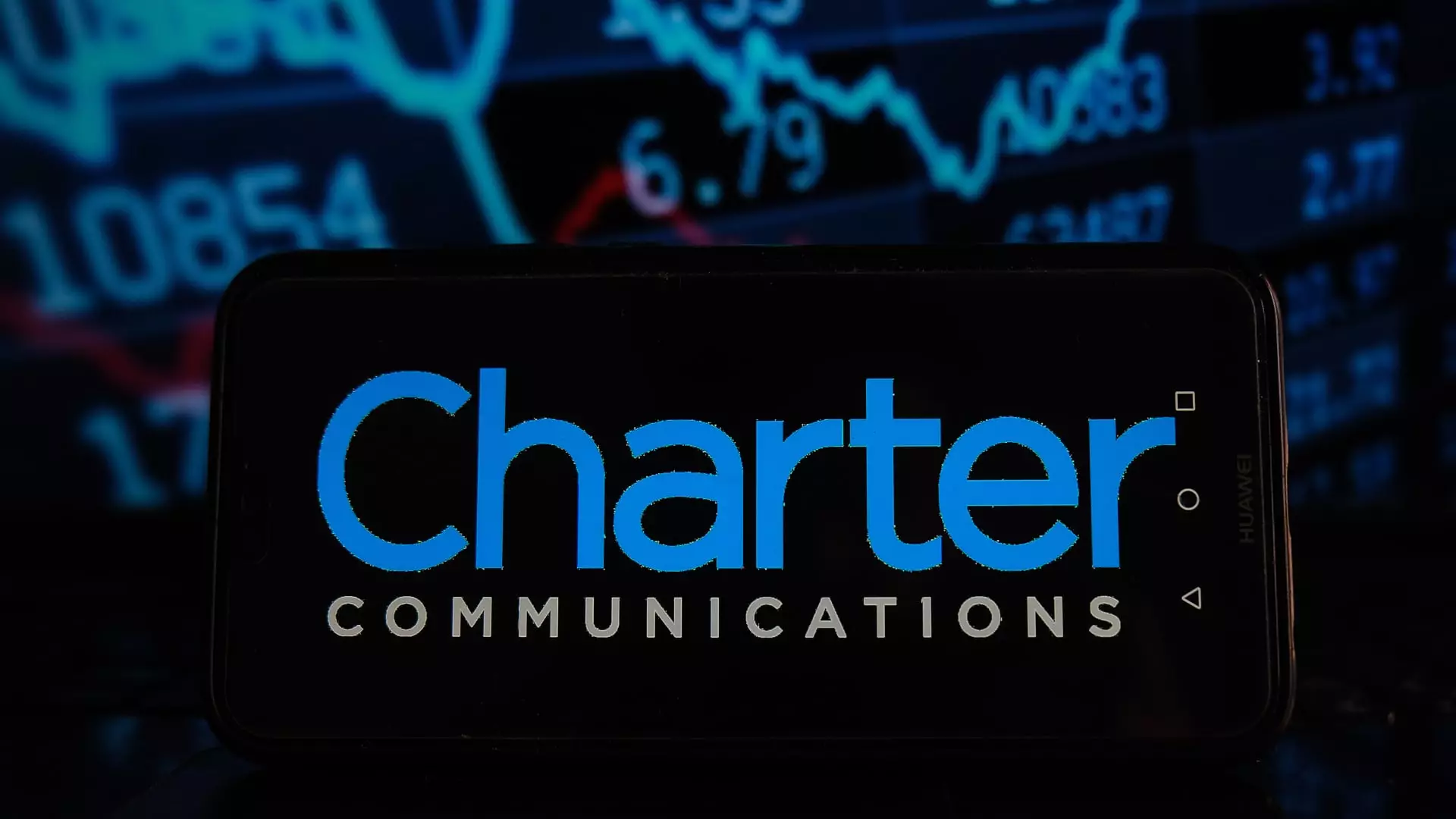As America’s corporate landscape evolves, the recent announcement of the merger between Charter Communications and Cox Communications sheds light on a concerning trend: the dangerous dance of corporate consolidation. While such deals may appear to offer advantages for stakeholders on the surface, a deeper analysis reveals potential risks that warrant serious scrutiny. The proposed merger—valued at an astounding $34.5 billion—highlights a troubling reality in the cable industry that consumers should not overlook.
Illusion of Choice: The Cable Monopoly’s Grip Tightens
The merger indicates a troubling trajectory for competition in the broadband sector. With Charter emerging as the second-largest publicly traded cable company, the union with Cox—another heavyweight in the industry—signifies a consolidation of power that will likely restrict consumer choice. Despite the rationalization around cost synergies and operational efficiencies, such consolidations often lead to a homogenization of services. Instead of multiple providers competing for customer loyalty, we now face an industry increasingly dominated by fewer key players. This creates a concerning scenario where the illusion of choice fades, leaving consumers at the mercy of reduced competition.
Concerns over internet and cable service quality arise as the merging companies focus on maximizing profits rather than innovating to improve customer experience. Charter’s troubling history of losing cable TV customers—181,000 in just one quarter—highlights a fundamental consumer discontent with traditional cable offerings. As internet services diversify, with options like 5G on the rise, the justification for this merger needs a critical examination. Will this merger truly enhance service quality, or merely lead to a further decline in customer satisfaction?
Financial Quicksand: The Myth of Cost Synergies
An enticing component of corporate mergers is the promise of financial advantages, often touted in terms of “cost synergies.” Charter forecasts approximately $500 million in annualized cost synergies within three years of the merger’s closing. However, this projected savings often masks the reality of potential job losses, diminished service quality, and a lack of reinvestment in infrastructure. Such promises can be misleading, benefiting shareholders in the short term while neglecting consumers’ legitimate needs.
Historically, the anticipated benefits of consolidation often fail to materialize for the very customers who are supposed to gain from these improvements. Mergers can introduce a culture of cost-cutting that directly impacts the quality of service delivered. As the dust settles and the executives reap their rewards, how long before consumers realize that their interests were secondary to the bottom line?
The Erosion of Local Presence: A Troubling Trend
In this complex dance of mergers and acquisitions, an alarming trend arises: the erosion of local presence and community engagement. Charter will absorb Cox, leading to a centralization of services that risks undervaluing local customer needs. The merger proposes that while Charter retains its headquarters in Stamford, Connecticut, significant operations will be maintained in Atlanta. This nominal local presence cannot substitute for genuine community engagement that smaller, independent providers often cultivate.
As broadband becomes integral to daily lives, especially amid a digital-first world spurred by the pandemic, the need for companies that actively contribute to their communities is paramount. Will the merger empower regional engagement, or will it signal a retreat, with consumers becoming mere numbers on a balance sheet rather than valued community members? The preservation of local narrative and accountability is crucial, especially as giant entities consolidate power and influence over our shared digital lives.
The Liberal Perspective: Holding Power Accountable
From a centrist liberal standpoint, the merger between Charter and Cox demands a critical evaluation of power dynamics in the corporate sphere. In a world increasingly characterized by corporate consolidation, the expectations of accountability towards consumers must remain high. The risks of monopolistic practices, service stagnation, and a disregard for community involvement should not be downplayed.
We must advocate for regulatory frameworks that prioritize consumer welfare, encouraging diversity in service providers while ensuring that corporate behemoths cannot sidestep accountability. As citizens of a democracy entrust power to corporations, it is crucial to continue holding these organizations accountable for their actions—and to fight for a marketplace where diversity and quality are not sacrificed at the altar of consolidation and profit. The commitment to a better, more equitable future in the broadband sector hinges on our vigilance.

